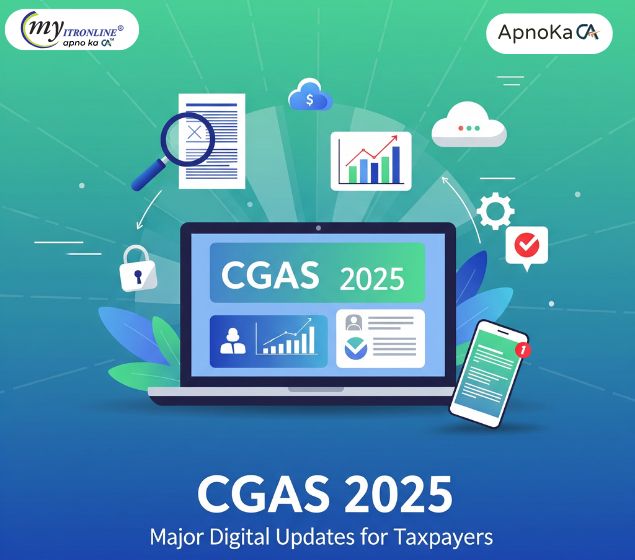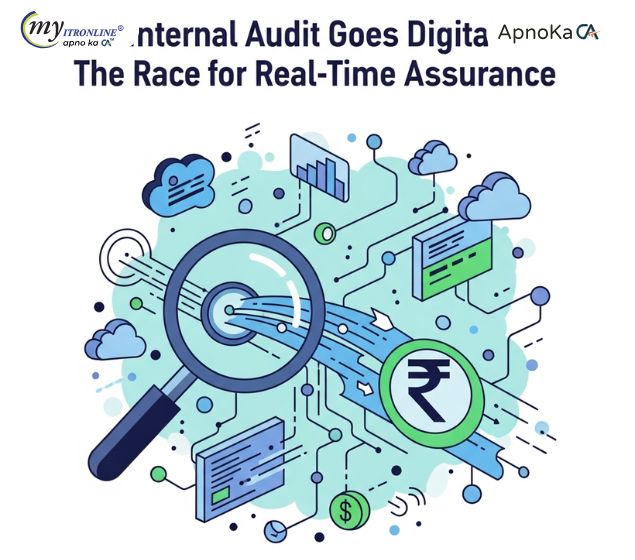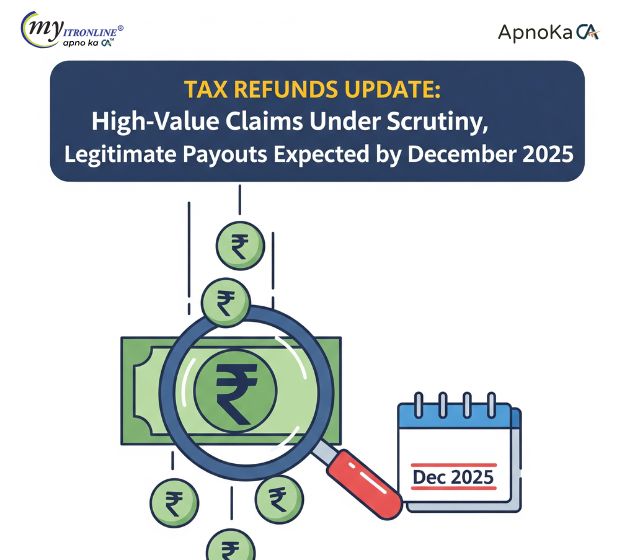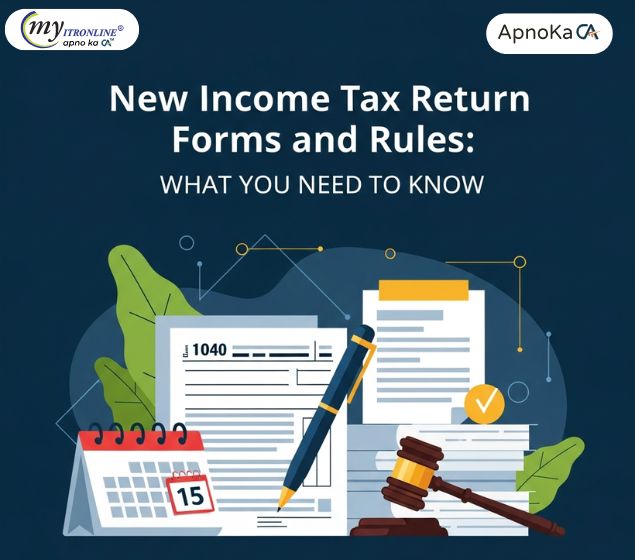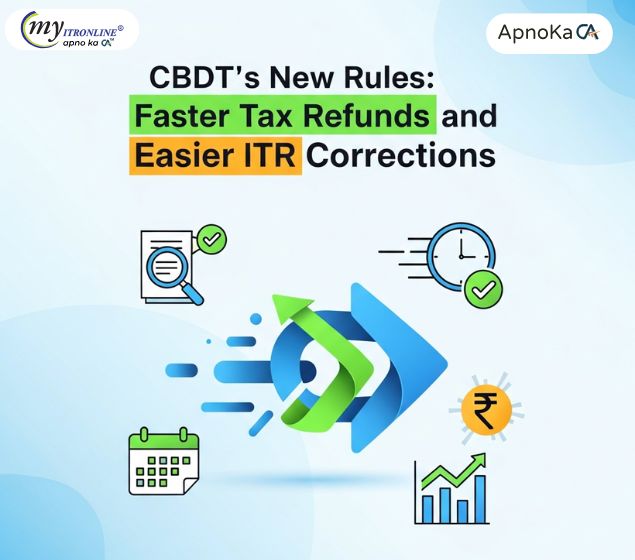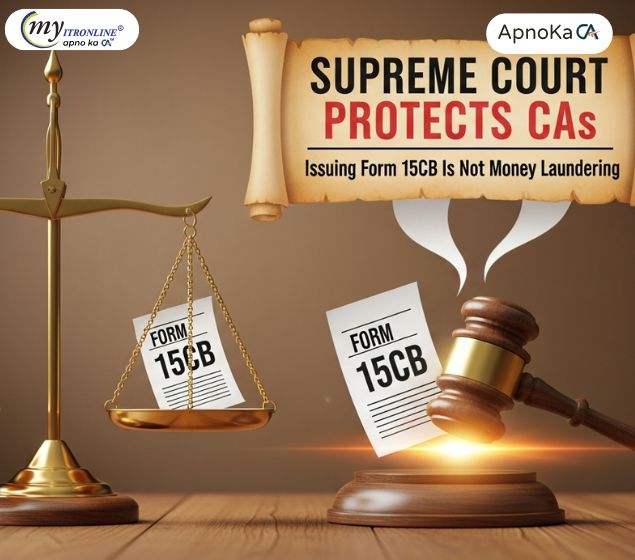Understanding Section 41 of the Income Tax Act: A Detailed Guide
The Income Tax Act's Section 41 guarantees that any recoveries or remissions of previously claimed deductions are taxable. This thorough book highlights the significance of openness in India's taxation system by outlining its laws, real-world applications, and significant court decisions.
.jpg )
India's tax system is governed by a comprehensive framework known as the Indian Income Tax Act, 1961. In order to guarantee that, under certain conditions, some income or gains that were previously permitted as deductions are returned to the taxable net, Section 41 of the Act is essential. Let's take a closer look at Section 41's provisions, ramifications, and subtleties.
An Outline of Section 41
The Income Tax Act's Section 41 addresses situations in which money that was previously subtracted as costs, losses, or liabilities while calculating taxable income is later recovered or sent back. When such funds are received, this clause makes sure they are taxed as the assessee's income in the year of receipt or remission.
In general, Section 41 covers:
- Liability for Trading Recovery (Section 41(1))
- Section 41(2): Balancing Charge on Depreciable Assets
- Amounts Obtained in Discontinued Business Situations (Section 41(3))
- Payment for Contract Termination or Modification (Section 41(3A))
- Liability Remission or Cessation (Section 41(4))
Important Clauses in Section 41
Section 41(1): Liability for Trading Recovery
The amount is considered as income in the year of recovery if an expense or deduction that was permitted in a previous year is later recovered by the assessee (or stops being a liability).
As an illustration: Let's say a company claimed a ₹1 lakh deduction for a bad debt in Year 1. The sum of ₹1 lakh will be taxed in Year 3 if the debt is recouped in that year.
Relevance:
- For this clause to be applicable, the business must still be in operation.
- Recovery must be related to previously permitted deductions.
Section 41(2): Depreciable Asset Balancing Charge
The difference between the sale price and the written-down value (WDV) of depreciable assets, up to the entire amount of claimed depreciation, is recognized as revenue when they are sold.
For instance: If a piece of machinery has a WDV of ₹2 lakh and is sold for ₹3 lakh, the extra ₹1 lakh will be subject to this section's balancing charge tax.
Section 41(3): Business Discontinued
Any money recovered from a closed firm that was previously deductible is subject to taxation in the year of receipt.
For instance: A textile company that shut down in 2021 gets back money that was earlier written off in 2024. In 2024, this recovery will be subject to taxes.
Section 41(3A): Payment for Contract Termination or Modification
Any money obtained in exchange for ending or changing a business-related contract is subject to business income tax.
For instance: This clause will include compensation for an early termination of a supply agreement.
Section 41(4): Liability Remission or Cessation
The amount that is no longer owed is taxed as income when an assessee's liability ends (for example, as a result of a debt settlement or forgiveness).
For instance: In the year of remission, a creditor's forgiveness of a loan of ₹5 lakh will be considered income.
Significant Court Decisions
- T.V. Sundaram Iyengar and Sons Ltd. vs. CIT: It was decided that unclaimed credit balances in accounts may be subject to Section 41(1) taxation if they are kept for an extended period of time without being reimbursed.
- CIT vs. Polyflex (India) Pvt. Ltd.: Made it clear that the sum subject to Section 41(1) taxation must relate to deductions that were permitted in previous years.
- Mahindra & Mahindra Ltd. v. CIT: Make a distinction between capital and trading obligations. It was decided that Section 41(1) does not impose taxes on the repayment of a capital obligation, such as a loan.
Important Things to Keep in Mind
- Only trading liabilities or business expenses are covered by Section 41(1). Capital gains are not included.
- Remissions or recoveries must be closely related to previously claimed deductions.
- Section 41 may still be applicable even if the assessee is under a different management.
- Amounts recovered following dissolution in partnership firm cases are taxed in the partners' names.
Section 41's Practical Implications
- For Businesses: Tracking spending and their recoveries requires accurate record-keeping.
- Regarding Tax Planning: Companies should budget for possible tax obligations brought on by recovery.
- For Auditors: It is essential to carefully confirm the cessation of ceased liabilities.
In Conclusion
The Income Tax Act's Section 41 makes sure that taxpayers are not exempt from paying taxes on recoveries or remissions of amounts that were previously permitted as deductions. This clause emphasizes how crucial equity and openness are to the taxation system. It preserves the integrity of the tax base and keeps taxpayers from receiving undue advantages by bringing such sums into the taxable net.
FILING YOUR INCOME TAX RETURN F.Y 2024-25 (A.Y. 2025-2026) WITH MYITRONLINE
The income tax filing deadline is right around the corner. If you haven’t filed yet, do it today with Myitronline! Avoid last minute rush and file your tax return today on MYITRONLINE in Just 5 mins.(www.myitronline.com)
If you are looking for eCA assistance to file your income tax return/ GST, you can opt for MYITRONLINE eCA assisted plan starting
Upload Salary Individual Form-16
If you have any questions with filing your tax return, please reply to this mail. info@myitronline.com OR call 9971055886,8130309886.
Note-All the aforementioned information in the article is taken from authentic resources and has been published after moderation. Any change in the information other than fact must be believed as a human error. For queries mail us at marketing@myitronline.com
Krishna Gopal Varshney
An editor at apnokacaKrishna Gopal Varshney, Founder & CEO of Myitronline Global Services Private Limited at Delhi. A dedicated and tireless Expert Service Provider for the clients seeking tax filing assistance and all other essential requirements associated with Business/Professional establishment. Connect to us and let us give the Best Support to make you a Success. Visit our website for latest Business News and IT Updates.
Leave a reply
Your email address will not be published. Required fields are marked *Share this article
Krishna Gopal Varshney, Founder & CEO of Myitronline Global Services Private Limited at Delhi. A dedicated and tireless Expert Service Provider for the clients seeking tax filing assistance and all other essential requirements associated with Business/Professional establishment. Connect to us and let us give the Best Support to make you a Success. Visit our website for latest Business News and IT Updates.
View articles










